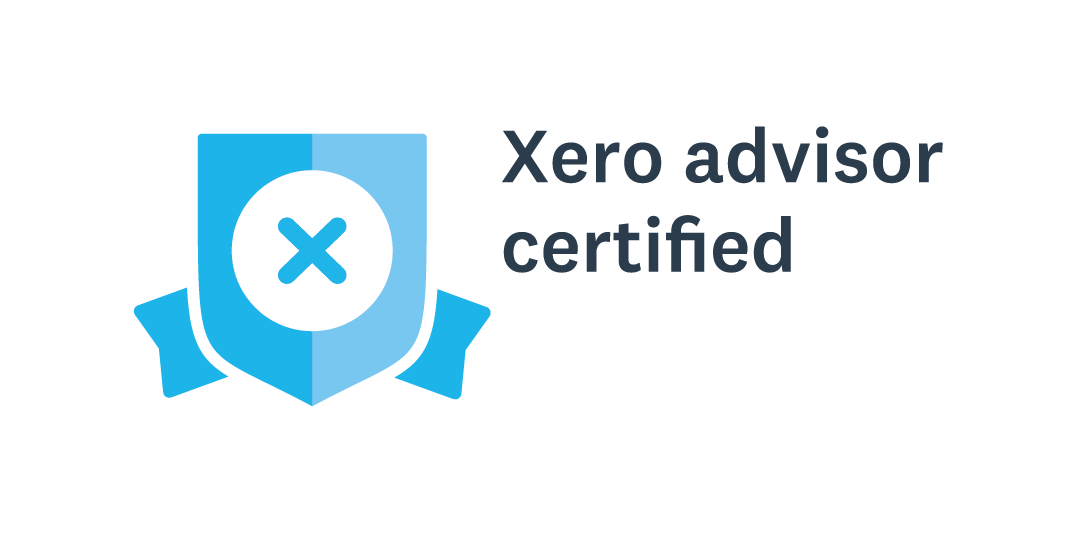Sick Pay Funding
The Coronavirus Statutory Sick Pay Rebate Scheme
UK based businesses who employ fewer than 250 employees (as of 28 February 2020) are able to reclaim Statutory Sick Pay (SSP) paid for sickness periods starting on or after:
13 March 2020 - if your employee had coronavirus or symptoms or is self-isolating because someone they live with has symptoms
16 April 2020 - if your employee was shielding because of coronavirus
This refund will cover up to 2 weeks SSP per employee, starting from the first day of sickness.
Employers should maintain records of staff absences and payments of SSP, but employees will not need to provide a GP fit note. If evidence is required by an employer, those with symptoms of the coronavirus can get a self-isolation note from NHS 111 online and those who live with someone that has symptoms can get a note from the NHS website
Employees who cannot work due to the coronavirus and who are eligible for SSP (ie. earning over the lower earnings limit) will get it from day one rather than day four. SSP will increase from £94.25 to £95.85 on 6th April 2020.
For staff who earn below the lower earnings limit (casual, zero-hours, part-time) there is universal credit and employment and support allowance.
Record keeping
You must keep records of all the statutory sick payments that you want to claim from HMRC, including:
The reason why an employee could not work
Details of each period when an employee could not work, including start and end dates
Details of the SSP qualifying days when an employee could not work
National insurance numbers of all employees who you have paid SSP to
You will have to keep these records for at least 3 years following your claim.
The online service that employers will use to reclaim SSP opens on 26 May 2020. Tax agents will also be able to make claims on behalf of employers.



